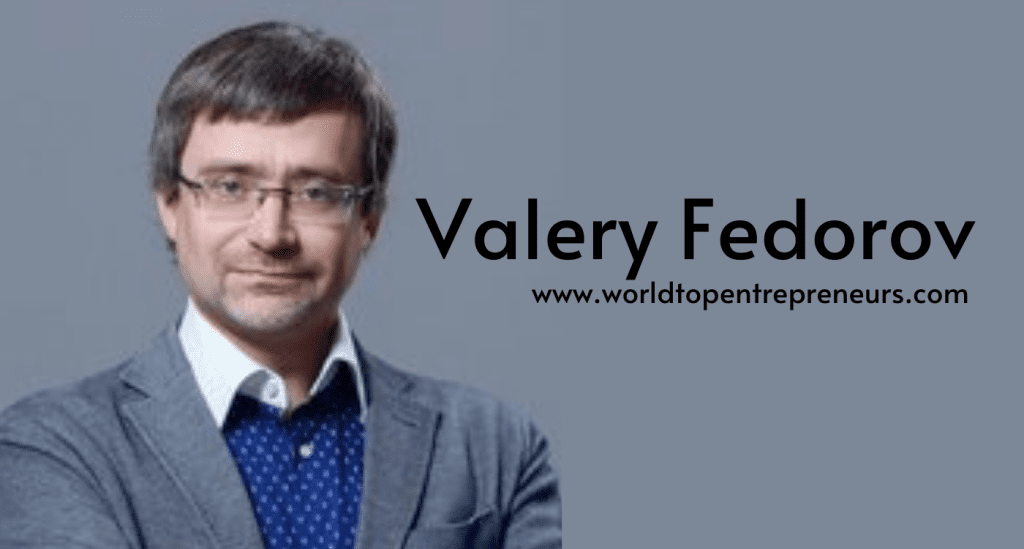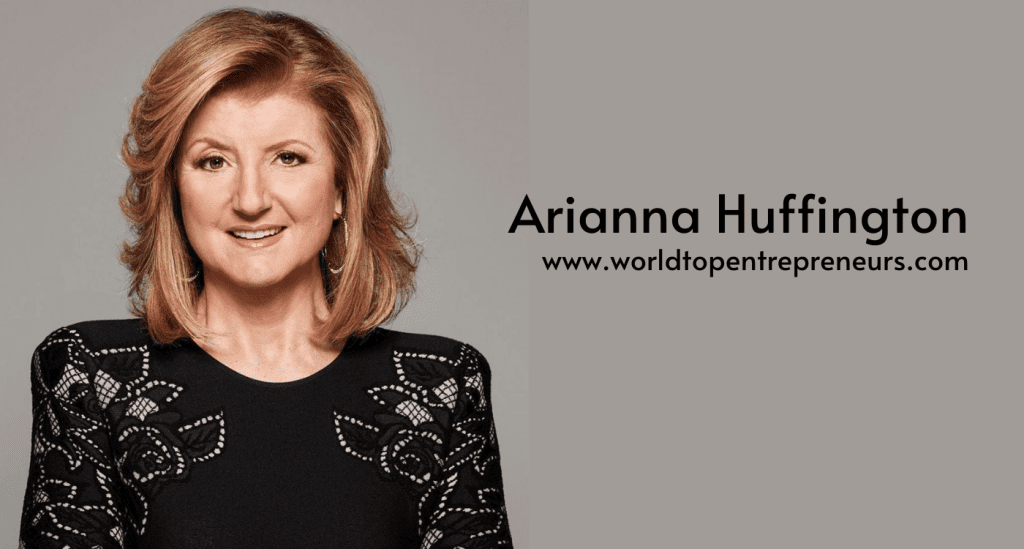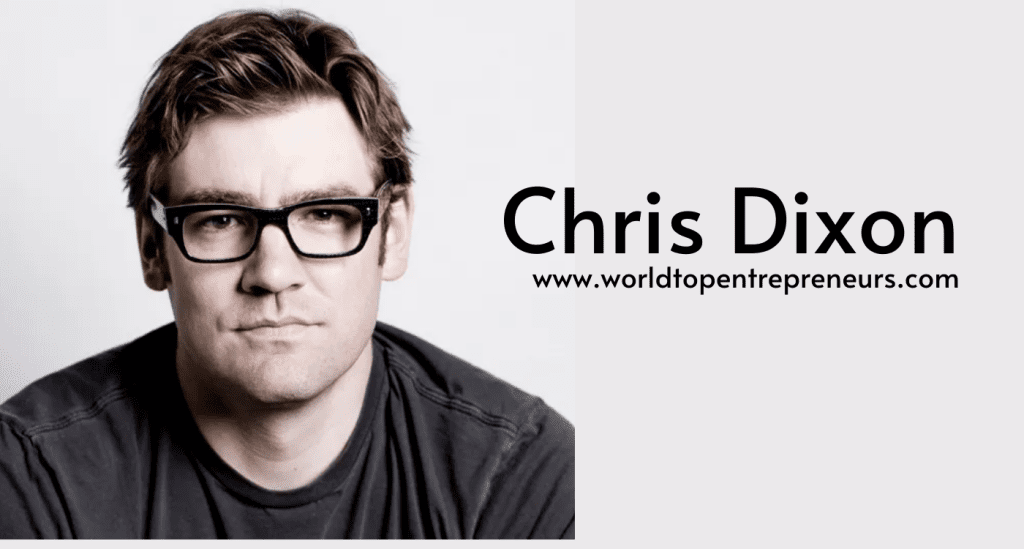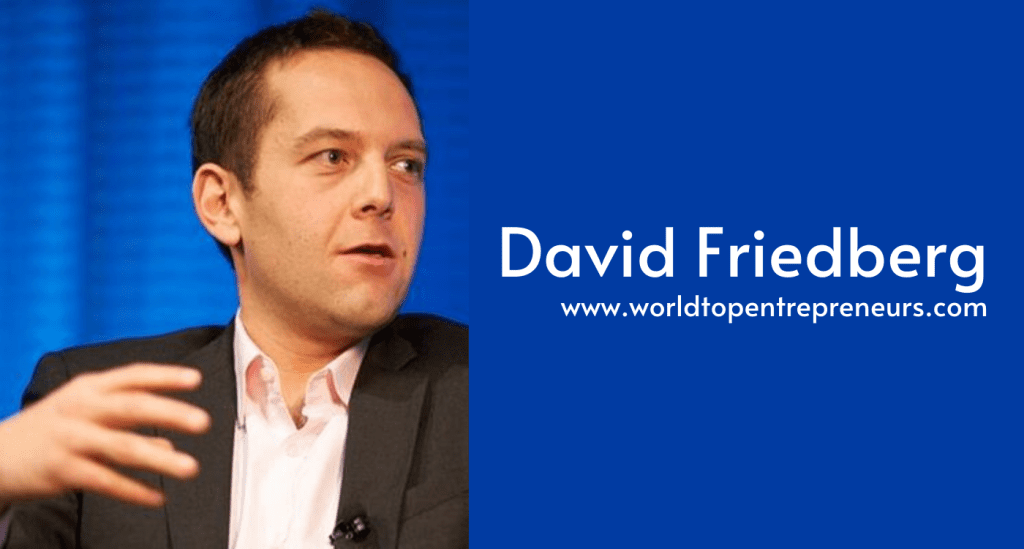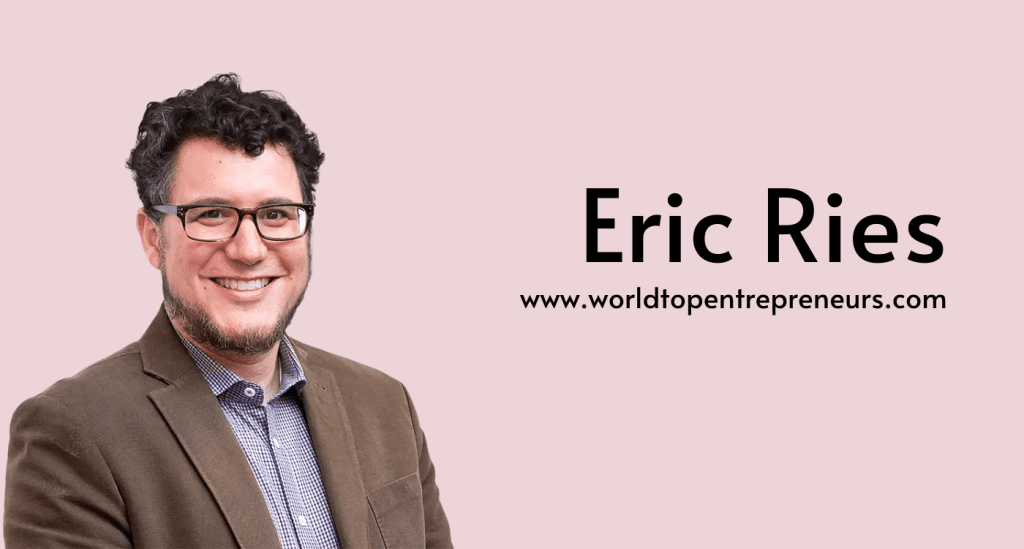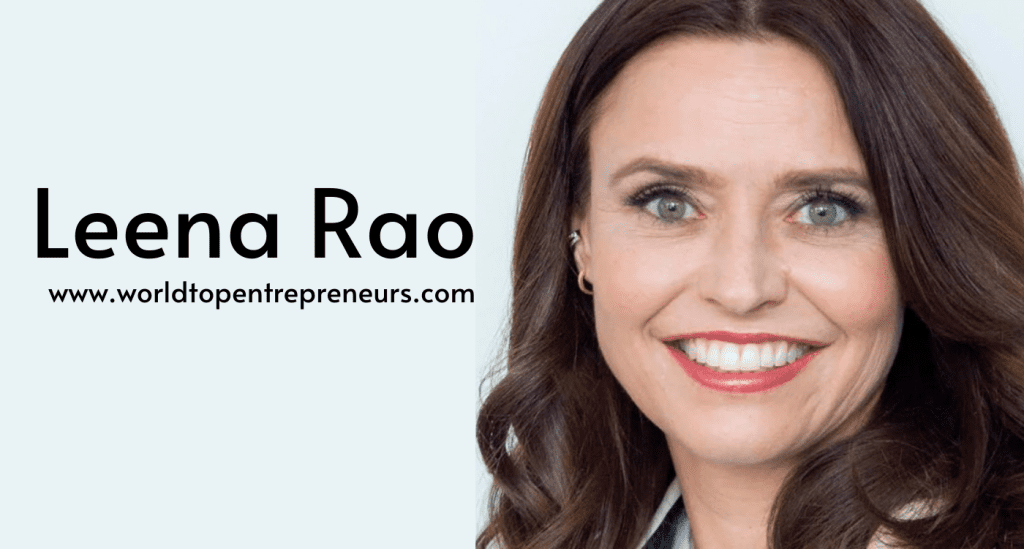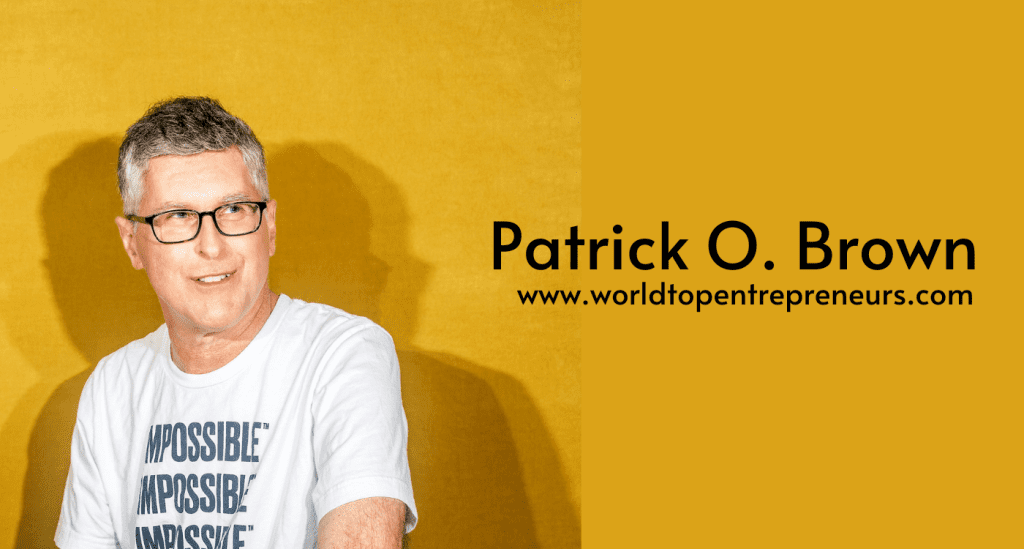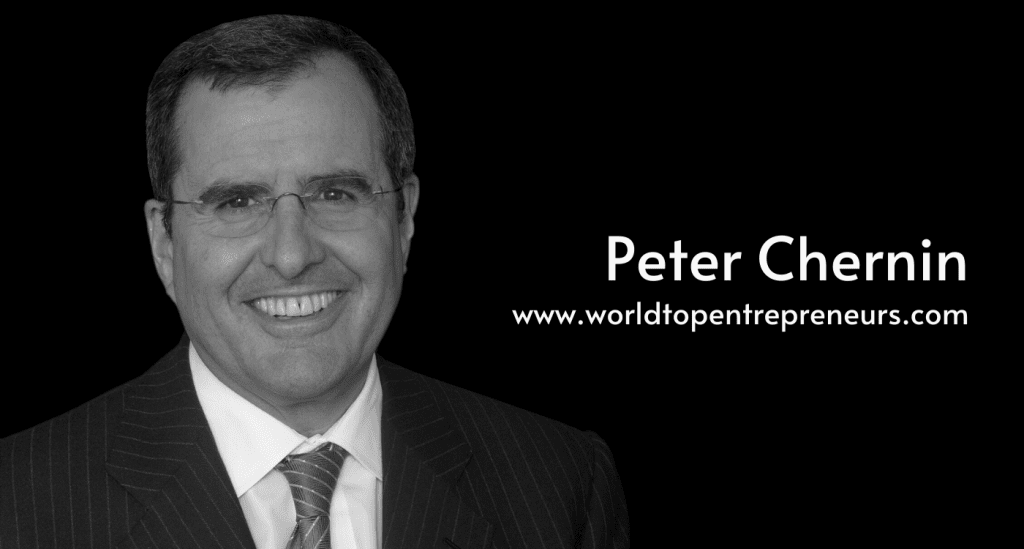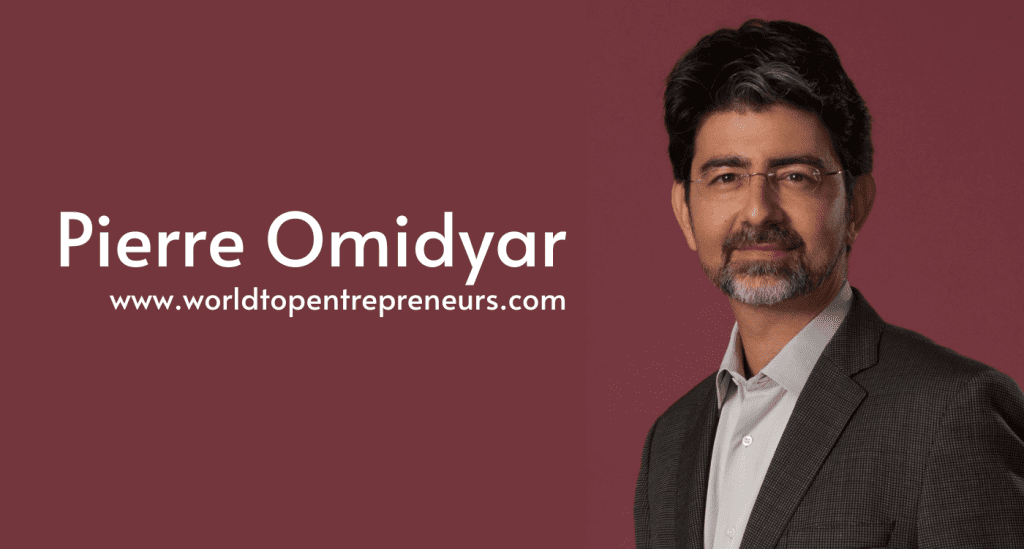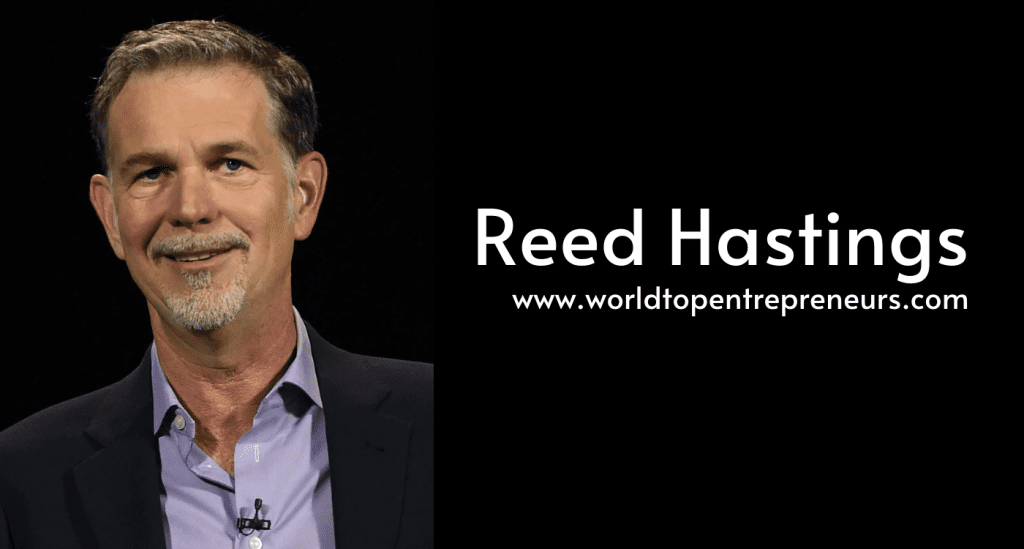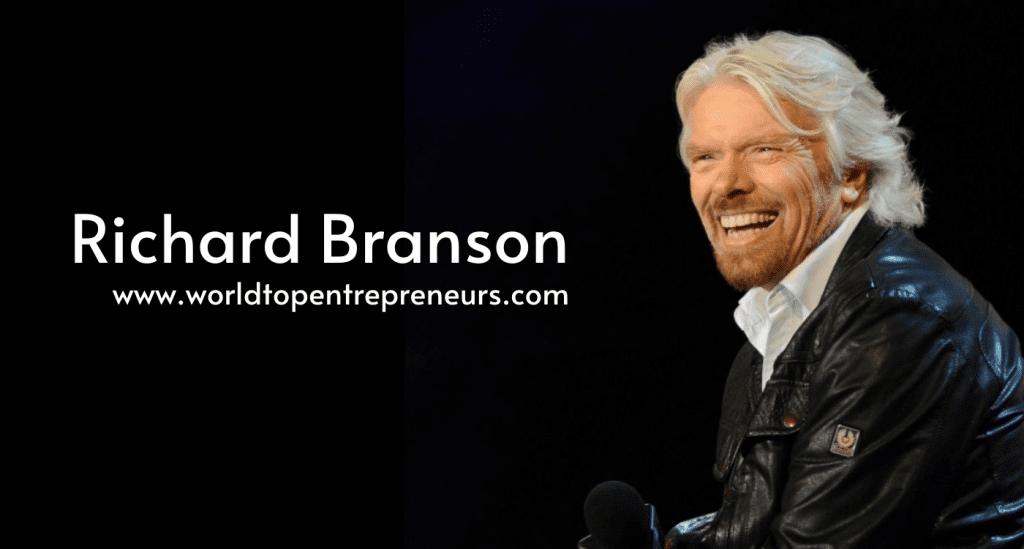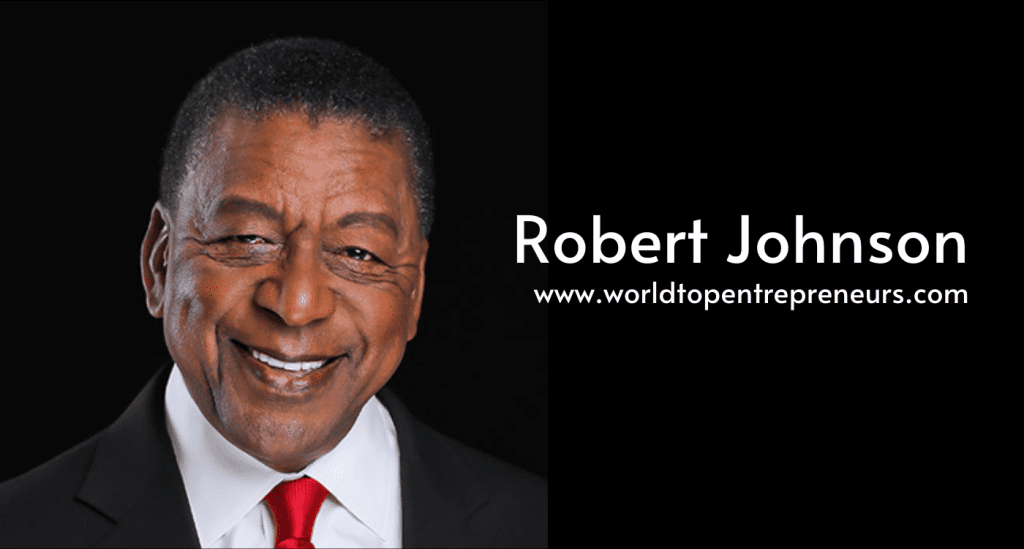Valery Fedorov is a prominent figure in the field of sociology, public opinion research, and media in Russia. As the director general of VCIOM (the Russian Public Opinion Research Center), Fedorov has played a pivotal role in shaping how public opinion is measured, analyzed, and understood in Russia. Through his leadership at VCIOM, he has contributed significantly to the development of Russia’s polling and research landscape, helping to provide valuable insights into the thoughts and behaviors of the Russian populace. In this blog, we’ll dive deep into Fedorov’s entrepreneurial journey, his educational background, his role at VCIOM, the challenges he has faced, and his considerable successes.
Early Life and Educational Background
Valery Fedorov was born in 1966 in the Soviet Union, a period when the country was under strict state control, and public opinion was largely shaped by government narratives. Growing up in this era likely influenced Fedorov’s interest in understanding the complexities of public opinion and the dynamics of social behavior.
Fedorov’s educational journey was centered on the social sciences, which would later form the backbone of his career in sociology and polling. He graduated from the Moscow State University of International Relations (MGIMO), one of the most prestigious universities in Russia. There, he specialized in international relations and social sciences, which gave him a strong foundation in understanding human behavior, public opinion, and social research methodologies. His academic background provided him with the critical thinking skills necessary to navigate the political and social landscapes that would later influence his work.
Fedorov also pursued further academic qualifications in the field of sociology, which helped deepen his expertise in public opinion research. His focus on societal trends and the dynamics of mass communication would go on to influence his future professional decisions, particularly his commitment to shaping Russia’s understanding of public sentiment.
The Rise of VCIOM and Valery Fedorov’s Role
VCIOM, or the Russian Public Opinion Research Center, was founded in 1987 during the final years of the Soviet Union. Its mission was to collect and analyze public opinion on various topics, including politics, economics, and social issues. The creation of VCIOM was a significant milestone in the development of social research and polling in Russia, as it introduced a new method of gathering and interpreting public sentiment that was previously inaccessible to Soviet authorities.
In 1994, Valery Fedorov joined VCIOM, and it was during his tenure that the organization truly expanded its influence. Over time, he became the director general, where his leadership would transform VCIOM into one of Russia’s most respected and influential public opinion research centers. Under Fedorov’s guidance, VCIOM grew to become a crucial tool for understanding the pulse of Russian society, offering insights into everything from political preferences to consumer habits and social values.
As director general, Fedorov was instrumental in expanding VCIOM’s capabilities and reach. He modernized the organization’s methods of data collection, making use of new technologies and statistical models to ensure more accurate and representative data. Under his leadership, VCIOM began conducting nationwide surveys, producing research reports that were used not only by the government and media outlets but also by businesses, political analysts, and policymakers.
Shaping Public Opinion and Political Landscape
One of the most important aspects of Fedorov’s work at VCIOM was the role that polling and public opinion research played in shaping the political landscape of Russia. VCIOM’s surveys provided critical data on the public’s views on major political events, candidates, and policy issues, thus influencing political campaigns and government decisions. This became particularly relevant during elections, where polling data helped inform political strategies and gave voters a clearer sense of where public opinion stood on key issues.
Fedorov’s commitment to using data-driven insights to understand the electorate played a key role in the evolution of modern Russian political strategies. VCIOM’s research also offered an early look into the trends that would define Russian public opinion in the years to come, from the rise of Vladimir Putin’s popularity to shifts in the electorate’s concerns regarding economic stability, governance, and foreign policy.
Fedorov’s approach to polling was based on a rigorous methodology that sought to capture the nuances of public opinion across diverse regions and demographics. This was particularly important in a vast country like Russia, where people’s concerns, values, and political preferences could differ greatly from one region to another.
Expanding VCIOM’s Influence
Under Fedorov’s leadership, VCIOM was not only a provider of data to the government but also a key player in Russia’s media landscape. Media outlets relied heavily on the center’s polling to inform their political commentary, offering the public valuable insights into societal trends. Fedorov ensured that VCIOM’s research was presented in a way that was accessible to the wider public, making complex data understandable for both policymakers and ordinary citizens.
Additionally, Fedorov expanded VCIOM’s research into various other domains, such as consumer behavior, social issues, and the impact of technological changes on society. As the country moved through a period of transition, with its economy shifting from a planned system to a more market-driven economy, Fedorov’s surveys began to reflect the changing attitudes toward privatization, wealth distribution, and the integration of Russia into the global economy.
In the years that followed, VCIOM became a key resource not just for politicians and journalists but also for businesses and NGOs. Companies used VCIOM’s data to understand consumer preferences, while international organizations relied on VCIOM’s research to gauge the mood of the Russian populace on key issues, such as Russia’s relations with the West, the country’s economic health, and the public’s perception of government policies.
Struggles and Challenges
Despite VCIOM’s success, Fedorov and his team faced numerous challenges in navigating the complex political landscape of Russia. One of the most significant struggles was maintaining independence in an environment where political influence could sometimes affect the perception of data. In the early 2000s, Russia witnessed significant consolidation of political power under President Vladimir Putin, which made it harder for independent organizations like VCIOM to operate without interference.
Fedorov’s ability to maintain VCIOM’s credibility amidst this environment is a testament to his professionalism and dedication to providing accurate data. While some other polling organizations faced pressure to skew results, VCIOM, under Fedorov’s leadership, largely managed to maintain its integrity by adhering to the principles of impartiality and accuracy. This allowed VCIOM to continue providing unbiased insights into Russian society, even during periods of heightened political tension.
Another challenge was adapting to the rapidly changing technological landscape. As the internet became a central tool for communication, VCIOM had to modernize its data collection methods. The rise of digital platforms and social media also shifted the way public opinion was expressed, making it more difficult to capture the full spectrum of Russian sentiments. Fedorov ensured that VCIOM was at the forefront of adopting new technologies for data collection, such as online surveys and social media analytics, allowing the organization to remain relevant in an increasingly digital world.
Successes and Achievements
Under Valery Fedorov’s leadership, VCIOM has enjoyed numerous successes. Perhaps the most significant of these is its reputation for providing high-quality, reliable data on public opinion in Russia. Fedorov transformed VCIOM into the gold standard for polling in the country, providing both quantitative and qualitative insights that helped shape public discourse.
Fedorov’s leadership has also played a role in strengthening Russia’s democratic processes. By providing voters and politicians with accurate, up-to-date information about public sentiment, VCIOM has enabled the public to make more informed decisions and allowed political campaigns to adapt to the needs of the electorate. His work helped foster transparency in an often opaque political environment and has played an integral role in informing policy decisions, government strategies, and national debates.
Additionally, Fedorov’s influence extended beyond public opinion surveys. VCIOM’s research into social issues, consumer behavior, and political preferences has allowed it to become an indispensable tool for businesses, journalists, and policymakers alike.
Vision for the Future
Valery Fedorov continues to look toward the future with a commitment to adapting to new technologies and methodologies for data collection and analysis. As Russia’s political, economic, and social landscape continues to evolve, Fedorov envisions VCIOM staying at the forefront of public opinion research in Russia.
Fedorov’s continued focus on technological integration, such as the use of big data analytics and AI, will likely shape the future of VCIOM’s research methods. The future of polling, he believes, lies in its ability to capture a wider range of voices, particularly in a rapidly changing digital landscape.
Conclusion
Valery Fedorov’s journey with VCIOM is a story of vision, resilience, and adaptability. From shaping Russia’s understanding of public opinion to navigating the complexities of a changing political environment, Fedorov’s work has had a lasting impact on Russian society. His ability to guide VCIOM through political turbulence while ensuring the organization remained a credible and valuable resource for policymakers, businesses, and citizens speaks to his leadership and commitment to accuracy. As VCIOM continues to evolve under his leadership, Valery Fedorov’s legacy as a pioneering figure in public opinion research will continue to influence the future of Russian sociological and political analysis.

